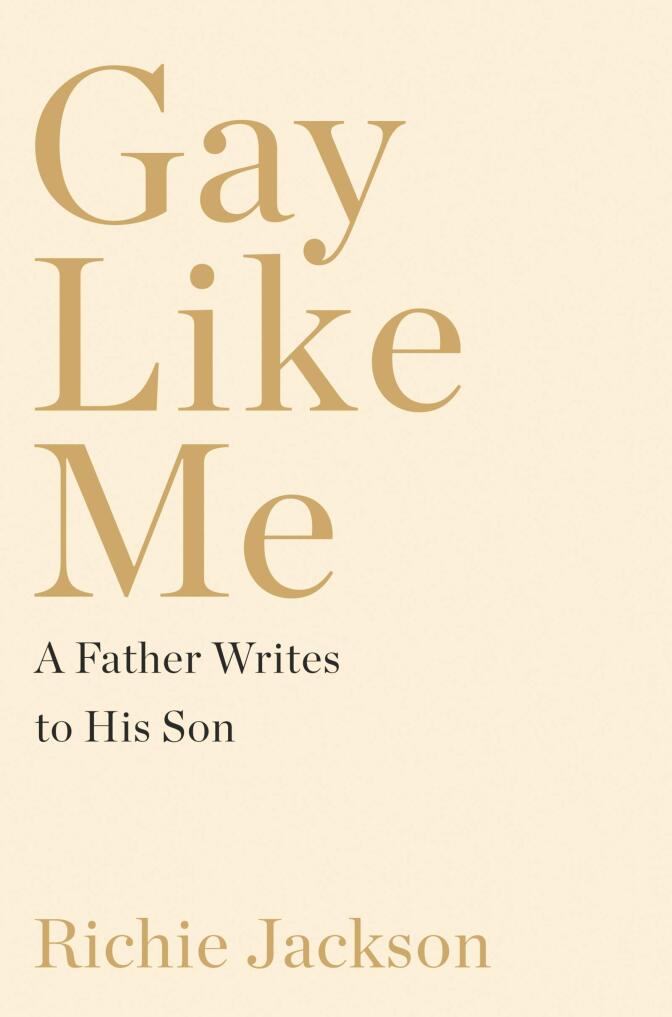Today on AirTalk with guest host John Rabe, we discuss California's assisted-suicide law and dementia patients. Also on the show, we take a look at upcoming Supreme Court cases; pre-season baseball; and more.
Should Patients Diagnosed With Alzheimer’s Or Dementia Be Able To Choose Assisted Suicide?
A recent op-ed in the L.A. Times titled, “My friend has dementia and wants to end her life. California’s assisted-suicide law excludes her,” shines a light on the complexitites of expanding the state’s law beyond patients with a cancer diagnosis or terminal illness.
The law, passed in 2015 and modeled after a 1997 Oregon statute, allows physicians to give lethal drugs to mentally competent adults when they’re faced with a terminal illness and are expected to die within six months. Even as the law stands currently, medical experts and others are divided over the issue. And some worry expanding the law to those with memory deteriorating illnesses could put those patients at risk of increased pressure.
Today on AirTalk, we discuss the idea of expanding California’s law and what it could mean for patients and their loved ones. Have you been impacted by Alzheimer’s or Dementia in some way? What do you think about the idea? We want to hear your thoughts. Join the conversation by calling 866-893-5722.
With guest host John Rabe
Guests:
Josh Bloom, the director of chemical and pharmaceutical sciences at the American Council on Science and Health, a consumer advocacy group and non profit that promotes evidence-based science and medicine; he tweets
Thaddeus Pope, bioethicist and director of the Health Law Institute at Hamline University School of Law in St. Paul, Minn.; he tweets
Where In The World Is AirTalk’s Larry Mantle?
The answer: Spring training in Arizona.
Die-hard listeners of AirTalk know that every February or March, Larry takes off for his annual pilgrimage to The Grand Canyon State to catch some pre-season baseball.
He calls in and chats with guest host John Rabe to give us a report and to talk about this special yearly ritual.
With guest host John Rabe
Guest:
Larry Mantle, host of AirTalk on KPCC; big baseball fan
Producer Richie Jackson On Life As A Gay Man In America, Then And Now
When producer Richie Jackson moved to New York City as a young man in the 1980s, he joined a gay community still fighting for basic rights and recognition under the law.

He came of age during the AIDS crisis and found that in order to guarantee his personal freedoms as a gay man, he would have to be political. So when, decades later, Jackson’s son came out as gay, Jackson felt compelled to reflect on his own personal journey as well as the country’s. The result is his book Gay Like Me: A Father Writes To His Son, a book-length letter to Jackson’s son about what it means to be a gay man in America. A compilation of essays on his own coming-of-age, life a a gay parent and the significance of understanding gay history, Jackson’s book explores the joys and frustrations inherent to queer identity in the United States.
Jackson also discusses the importance of sustained political activism in the face of potential rollbacks to LGBTQIA+ rights under the Trump administration. He argues that it has never been more political to be a queer person in the United States today, and that the rights that the LGBTQIA+ community currently enjoys are still deeply threatened by nefarious political forces.
Today on AirTalk, guest host John Rabe talks with Richie Jackson about his new book.
With guest host John Rabe
Guest:
Richie Jackson, Broadway, television and film producer. He is the author of the new book, “Gay Like Me: A Father Writes to His Son” (HarperCollins, 2020); he tweets at
High Court Watchers Highlight Notable Cases To Be Heard By US Supreme Court In Coming Months
For a Supreme Court that says it has an allergy to politics, the next few months might require a lot of tissues.
The court is poised to issue campaign-season decisions in the full bloom of spring in cases dealing with President Donald Trump’s tax and other financial records, abortion, LGBT rights, immigration, guns, church-state relations and the environment. The bumper crop of political hot potatoes on the court’s agenda will test Chief Justice John Roberts’ insistence that the public should not view the court as just another political institution. The justices gathered last week for the first time in nearly a month to put the finishing touches on opinions in cases that were argued in the fall and decide what new cases to take on. Most prominent among the possibilities is the latest dispute over the Obama-era health care overhaul, but there are also important cases involving abortion, federal protections from workplace discrimination due to age and race, religious freedom, and even President Trump’s tax and financial records.
Today on AirTalk, we’ll hear from two Supreme Court watchers about some of the biggest cases the justices will hear and which important ones might be flying under the radar as a result.
With files from the Associated Press
With guest host John Rabe
Guests:
, co-founder of SCOTUSBlog and author of the blog “Howe on the Court”; she tweets
Kimberly Robinson, U.S. Supreme Court reporter for Bloomberg Law and co-host of Bloomberg Law’s podcast “Cases and Controversies”; she tweets
Massive Star Betelgeuse Isn’t Ready To Explode, Yet
One of the most well-known stars in the galaxy is safe -- for now.
The star Betelgeuse is popular among amateur astronomers for being one of the largest, easiest, and most remarkable stars to spot. In fact, you can see it any night that it’s clear. To spot Betelgeuse, look for a bright reddish star in the constellation Orion, roughly where the left shoulder would be.
But starting late last year, astronomers started to observe Betelgeuse dimming with no explanation. For those who look at the constellation often, it can look like Orion’s missing an arm. Astronomers began to predict that Betelgeuse’s lifespan was coming to an end.
For the last few weeks, the light coming from Betelgeuse has been the dimmest it’s ever been in our lifetimes, a sign the star could be nearing the end of its lifetime. But yesterday, the star began to brighten once again, which indicates that we’ll be able to look up at that bright reddish star a little longer.
With guest host John Rabe
Guest:
Luisa Rebull, research scientist at CalTech; whose research focuses on stars in the Galaxy
WHO Says Coronavirus Has Pandemic Potential. Here’s What That Means
Yesterday, it was reported that the White House is readying an urgent budget request to address the coronavirus outbreak.
Part of that money is needed to reimburse the Pentagon, which is housing quarantined evacuees from China, at military bases here in California.
Meanwhile, the World Health Organization has declined to declare the outbreak a pandemic, but said that it has “pandemic potential.”
We get the latest and what it means for us in Southern California.
With files from the Associated Press.
With guest host John Rabe
Guests:
Emily Baumgaertner, medical investigative reporter for the Los Angeles Times; she tweets
Anne Rimoin, professor of epidemiology at UCLA; she tweets
Barbara Ferrer, director of the Los Angeles County Department of Public Health




